Kayla Clements is the Founder & CEO of plant-based wellness brand Luna Volta. Kayla is a Forbes Fellow and a member of the Female Founder’s Collective. She is certified in Cannabis Science, Corporate Sustainability, and Regenerative Sourcing and Supply, and is the author of Daytripper: 60 Days on the Road Exploring America’s National Parks, a coffee table book inspired by her time spent on the road.
Thank you so much for doing this with us! Can you tell us the “backstory” about what brought you to the cannabis industry?
I began using CBD-rich products specifically when I was living and working in fashion in New York City. At the time, there were no brands on the market that I felt I could trust and I had a lot of questions. After leaving my job, a summer of #vanlife traveling across America’s National Parks reconnected me to the land, to the beauty found in solitude with nature, and to the healing properties of regenerative agriculture and hemp. It became my mission to learn how to contribute to a brighter future. I spent a year and a half studying cannabis science, getting certified, formulating, and sourcing earth friendly packaging before Luna Volta launched in early 2019.
Can you share the most interesting story that happened to you since you began leading your company? Can you tell us what lesson you learned from that?
My favorite part of building a company, has been building the brand, the people I’ve met and the places it has taken me to. From the Forbes 30 Under 30 Conference in Boston to the first women in business in cannabis bootcamps (hosted in Oregon + Palm Springs by The Initiative, an accelerator program, business bootcamp and funding resource for female founded cannabis businesses.) to California’s poppy superbloom and Yosemite’s High Country shooting our seasonal lookbooks to a dinner in Malibu in support of regenerative agriculture with Kiss the Ground to hosting workshops and speaking on panels to share our story. I find myself constantly surrounded by people not only having the hard conversations but strategizing long-term solutions. There are many issues to tackle in this industry and by teaming up with others, we can make the most impact.
Can you share a story about the funniest mistake you made when you were first starting? Can you tell us what lesson you learned from that?
When we received our first NOVA boxes from our local printer, I noticed that one half of the moon in our logo was missing from a section of the box – but only on about half of the boxes. I was confused as to why only half of the boxes were wrong until I reviewed our die line. Because two boxes fit on one sheet, we copied the design and flipped it to fit on the other side. It was a simple error on our part that one little line on the design did not carry over to the second side so every other box in that run missed a half-moon. I learned to triple check every single part of a proof for completion (and spelling!) for every batch run since.
Do you have a funny story about how someone you knew reacted when they first heard you were getting into the cannabis industry?
I have been fortunate to have received mostly positive feedback. I use my introduction as an opportunity to educate someone who may or may not have experience with cannabis.
None of us are able to achieve success without some help along the way. Is there a particular person who you are grateful towards who helped get you to where you are? Can you share a story.
My business partner has been with me through this journey from the beginning and it’s still the two of us who motivate (and push) each other daily. He was the one who initially had the idea for what Luna Volta could be and I can’t imagine embarking on this journey alone – even the simple act of having another person to bounce ideas off of is super important in any creative process.
Are you working on any new or exciting projects now? How do you think that will help people?
We just launched our microgravity bath bombs, the PLANETS, for the winter season. We spent eight months working on the formulations and packaging for these. I am excited a) for their effectiveness. Infused bath bombs can work similarly to how a tincture works – cannabinoids can enter the bloodstream by being absorbed by a mucous membrane, which they come in contact with in a bath. Second, by engaging with receptors in and on our skin. Three, combined with the aromatherapy benefits of the plant-derived essential oils and skin-loving moisturizers, relax your mind and body while leaving your skin silky smooth. And b) for their biodegradable packaging! The hardest part about sourcing was finding an alternative to plastic shrink wrap, but we did. Each planet is PLASTIC-FREE, individually sealed in an innovative plant-based material that is 100% compostable and food-grade safe. They are boxed in biodegradable hemp paper boxes inspired by hexagons found abundantly throughout nature (think beehives + turtle shells). 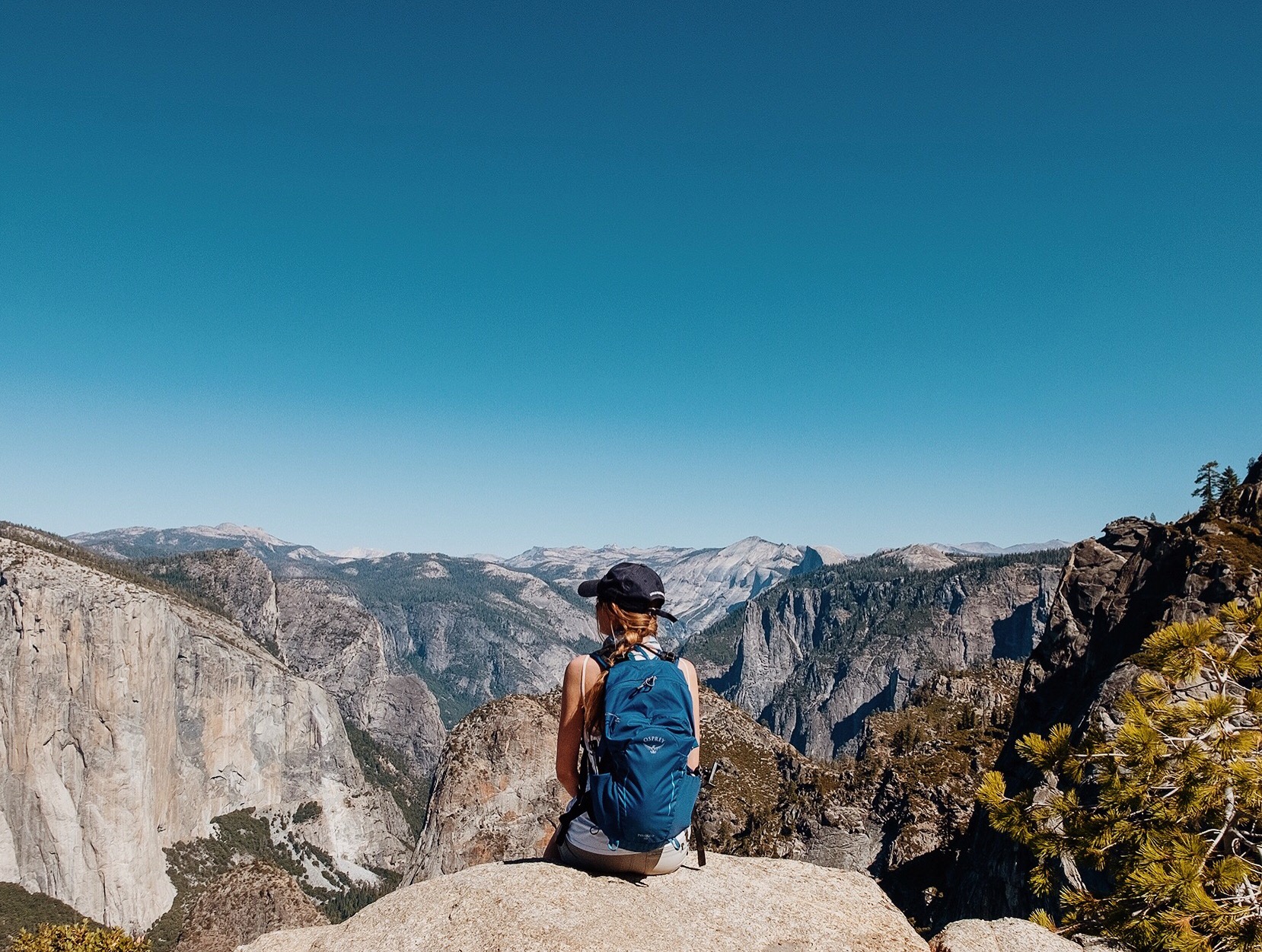 Ok. Thank you for all that. Let’s now jump to the main core of our interview. Despite great progress that has been made we still have a lot more work to do to achieve gender parity in this industry. According to this report in Entrepreneur, less than 25 percent of cannabis businesses are run by women. In your opinion or experience, what 3 things can be done by a)individuals b)companies and/or c) society to support greater gender parity moving forward?
Ok. Thank you for all that. Let’s now jump to the main core of our interview. Despite great progress that has been made we still have a lot more work to do to achieve gender parity in this industry. According to this report in Entrepreneur, less than 25 percent of cannabis businesses are run by women. In your opinion or experience, what 3 things can be done by a)individuals b)companies and/or c) society to support greater gender parity moving forward?
Women certainly have the power to change the world. I founded Luna Volta to fill a gap in the wellness market with an emphasis on personal wellness and protecting our home (planet earth) for generations to come. As a company, I believe in both supporting women owned companies through our supply chain and creating jobs in positions of power for women as we grow. As a consumer, shop conscious woman owned brands. You really do vote with your dollars to push both companies and society in a positive direction.
You are a “Cannabis Insider”. If you had to advise someone about 5 non intuitive things one should know to succeed in the cannabis industry, what would you say? Can you please give a story or an example for each.
- Flexibility – Move fast and embrace change. This industry is moving at light speed and you have to be nimble in all areas – from banking to merchant accounts to website hosts to packaging.
- Keep up with the changing laws and regulations. This goes with point one but because regulations are constantly changing, you need to know how these will affect where and how you can sell your products. This also is important to know what claims you can and cannot make as a company.
- Invest in Education – The first thing I did before launching my company was to get certified in Cannabis Science. As a consumer, I had a lot of questions about the many components of cannabis, and as a brand, there should be, at the very least, a basic understanding of the science. This education prepares you to 1) Be able to source the right kind of product for your market (Full spectrum vs. Broad Spectrum vs. Isolate and WHY) 2) Be able to brand it appropriately 3) Be able to confidently share the science
- Know your WHY – A brand is much more than just a pretty logo. As someone who has helped craft brand identities for artists and brands, there is a process to building a truly recognizable brand. This includes defining your brand core values, mission, target market, and position all before creating the visual identity. Use these pre-established core values to help guide you.
- Test the market – The market is changing rapidly and it is important to test your product line with real people. See what concerns a consumer has and what products can you develop that are easy for them to understand and use.
Can you share 3 things that most excite you about the cannabis industry?
- Research & studies – I am really excited about the research opportunities that are opening up. The more science we have, the better the industry (and the products) can become. UCSD alone, who is already studying CBD for children with autism, just announced CBD specific studies on psychosis, rheumatoid arthritis, insomnia, alcohol dependence, and anorexia nervosa.
- I already use herbal supplements for a variety of things but I am hopeful that the industry will lead more people into the world of plants and homeopathic remedies.
- Although the industry has already changed drastically since even one of two years ago, we still have the opportunity now to build it equitable, good, and purposeful. I have met some incredible people in this industry and by working together, we can reframe the standard operating procedure not only in business but in life.
Can you share 3 things that most concern you about the industry? If you had the ability to implement 3 ways to reform or improve the industry, what would you suggest?
There are many. This industry is evolving very fast, which is not always best when trying to build something right. Banking & merchant processing have proven to be a big hurdle for the industry and a lot of financial companies have taken advantage of this, charging exorbitant high-risk fees that many small businesses cannot afford. The tide is already changing here and I am hopeful that only better options will become readily available. Regulations – Because the hemp CBD industry specifically lies in a grey area, there is no standard set of regulations and this makes it very confusing for a customer who does not understand potency, delivery methods, or formulations. The industry has set its own standard by utilizing third party testing and opening sharing certificates of analysis (COAs) with their customers. Social Equity – We need the legislation to support expungement and diversity within the industry, so that those disproportionately marginalized against may not only participate, but thrive in the now legal market.  What are your thoughts about federal legalization of cannabis? If you could speak to your Senator, what would be your most persuasive argument regarding why they should or should not pursue federal legalization?
What are your thoughts about federal legalization of cannabis? If you could speak to your Senator, what would be your most persuasive argument regarding why they should or should not pursue federal legalization?
I am excited about the potential for industry growth across multiple sectors from cannabis byproducts–textiles, packaging, material science, bioplastics, building materials, energy storage. All components of this plant can be used and turned into zero-waste, biodegradable goods. This intersection of science and nature here equals endless possibilities for innovation.
Today, cigarettes are legal, but they are heavily regulated, highly taxed, and they are somewhat socially marginalized. Would you like cannabis to have a similar status to cigarettes or different? Can you explain?
No, I don’t believe cannabis should have similar status to cigarettes or alcohol because people can use cannabis for a variety of reasons, many being health-related or even to boost productivity. That is not true for alcohol or cigarettes, which can inherently damage the body. But yes I do agree that an educated consumer base and a standard set of regulations to ensure clean, safe products is important.
Can you please give us your favorite “Life Lesson Quote”? Can you share how that was relevant to you in your life?
“Be honest. Be humble. Be kind.” This has been my mantra for the last decade that I try to live by daily.
You are a person of great influence. If you could inspire a movement that would bring the most amount of good to the greatest amount of people, what would that be? You never know what your idea can trigger. 🙂
This journey into cannabis and hemp has in turn, led me to farming and to our soil. Cannabis acts as a bioaccumulator which means it can absorb nutrients from the surrounding soil, good or bad (like leftover pesticides from a previous grow for example). This led me to the importance of organic, regenerative agriculture. Our entire agricultural and food system has severely degenerated our lands and soil since even before the Industrial Revolution. This system is not one that can sustain us. We must first REGENERATE our soil, and only then we can SUSTAIN a healthy, thriving, REGENERATIVE ecosystem. I believe that this movement will be crucial for a continued, flourishing life on Earth.
Thank you so much for the time you spent with this. We wish you only continued success!

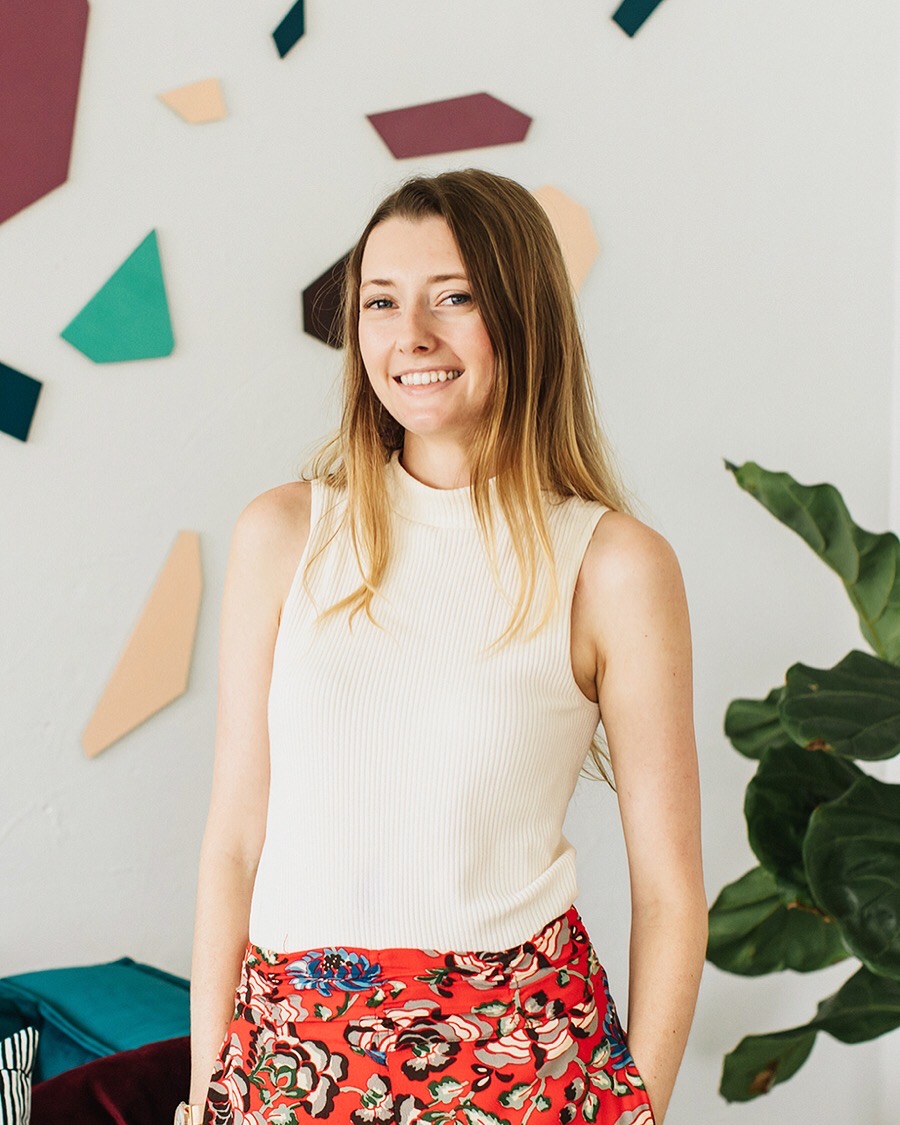
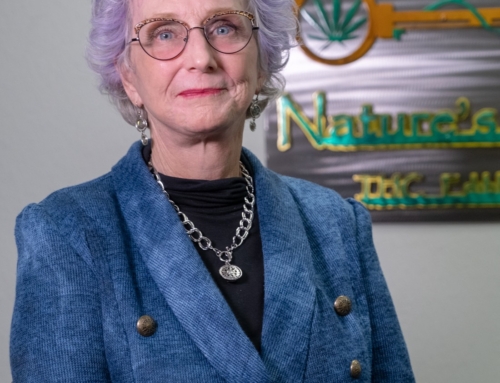
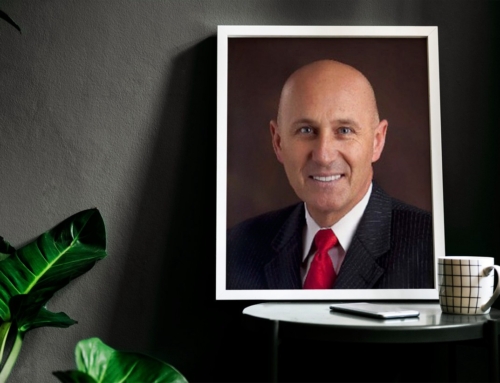
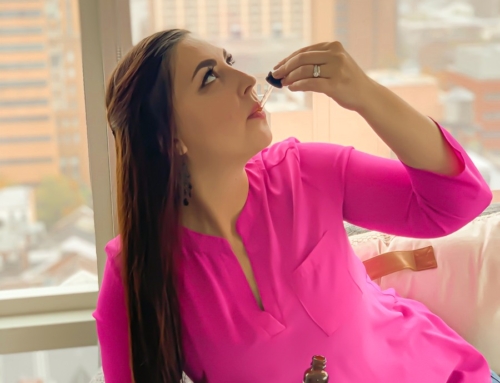

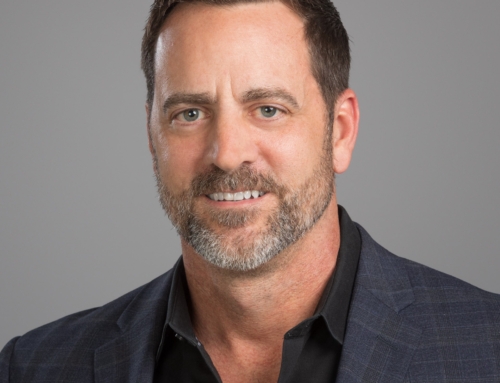
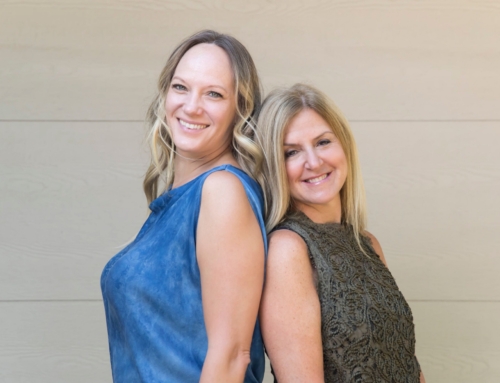
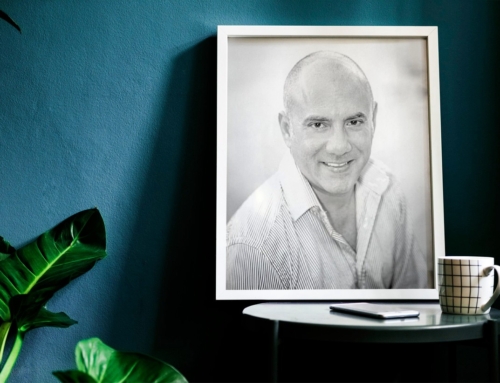
![“The potential to help people [in this industry] is enormous, but there’s still so much to learn.” – Ramon Alarcon, Witi](https://lakesideremedy.com/wp-content/uploads/2020/12/1thj5ekUyxQ69iLz1JJyODg-scaled-e1607882756286-500x383.jpeg)
